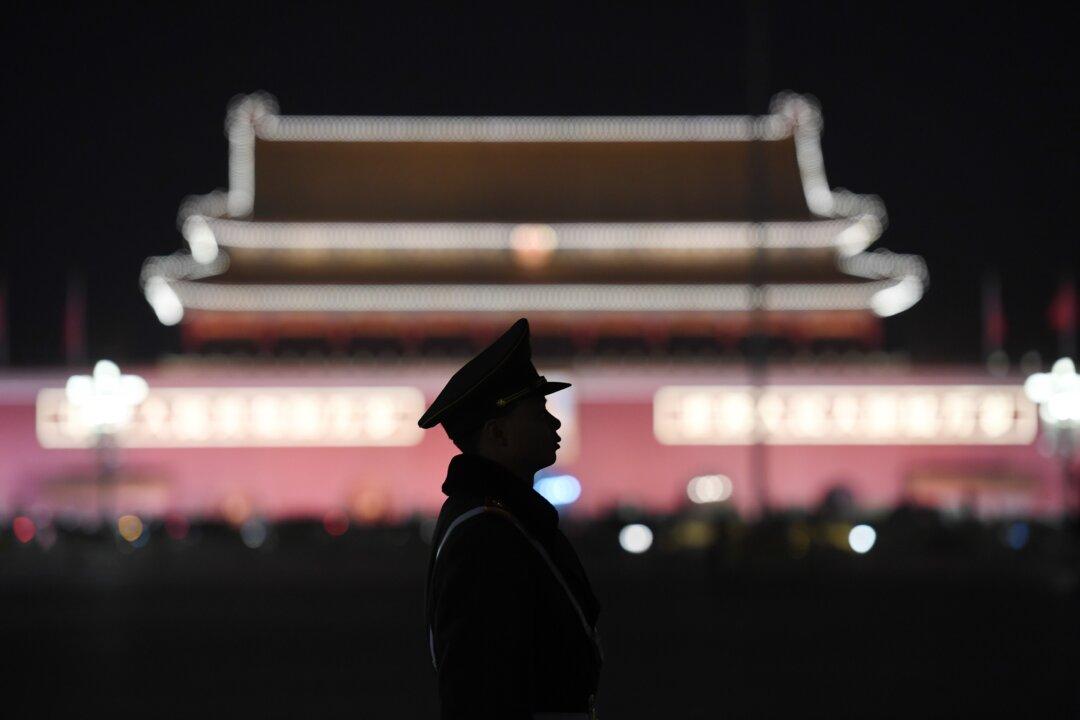The Chinese regime is stepping up efforts to influence overseas Chinese communities and political systems worldwide, and democratic countries should tackle such campaigns with firm responses, according to a new report.
The United Front Work Department, a unit under the Chinese Communist Party (CCP), coordinates thousands of groups to carry out foreign political influence operations, suppress dissident movements, gather intelligence, and facilitate the transfer of technology to China, according to a June report by think tank Australian Strategic Policy Institute.





